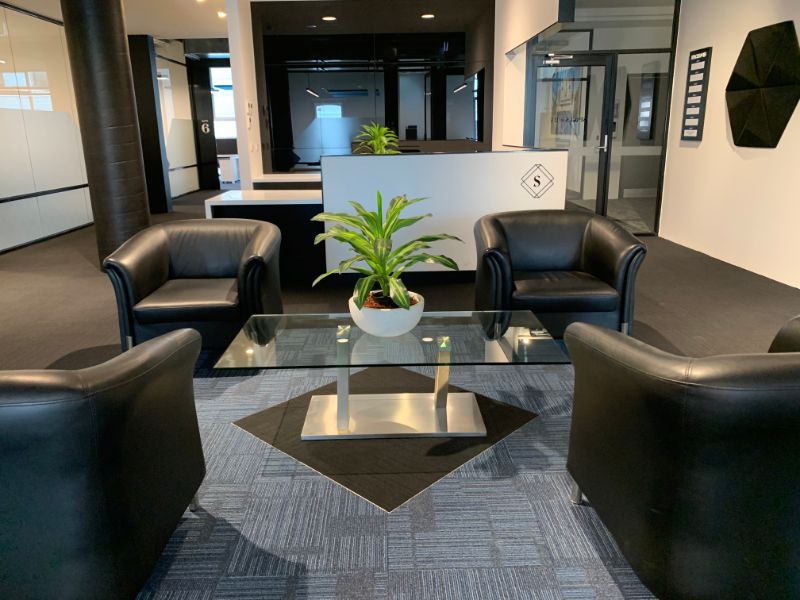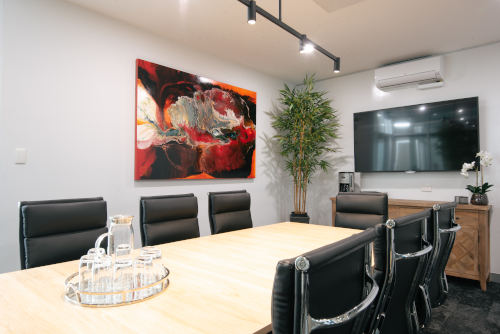WHS - The Elephant in the Home Office
Who is responsible for Workplace Health And Safety when the Workplace is Home?
Many employees and employers have embraced Work From Home (WFH) as a business model. For some working from home is for a couple of days per week with time also spent in the office whereas for others WFH is full time.
NAB recently started recruiting 150 WFH call centre staff in South Australia. They save on Office Rentals but spend a bit more on support and training. The grey area though is Workplace Health and Safety. In NAB's case, the company is supplying staff with office equipment so that is one box ticked. But there are still a lot of questions.
 University of Adelaide workplace law and relations professor Andrew Stewart posed the question:
University of Adelaide workplace law and relations professor Andrew Stewart posed the question:
"If I go and make myself a cup of coffee and spill it on myself, is that an injury in the course of my employment because I happen to be notionally working at the time and just taking a break?"
This type of question will probably not be fully answered until a claim is made and it progresses through the courts.
In a recent landmark ruling a NSW employer was found to be liable for an employee killed by her partner while working from home. The circumstances of the case are unique and the findings will not necessarily apply to all cases but, given the high number of employees working from home as a result of Covid-19, the issue of employee safety when working from home is going to become a bigger focus in the immediate future. This case raised the issue of an employer's responsibility to take psychological stressors and domestic issues into account when assessing WHS.
How Far Does The Responsibility Of An Employer of WFH Employees Go?
Each case will have its own unique circumstances and it may be many years of uncertainty before legal precedents can give employers any basis for confidence in understanding their potential liabilities. An employer has a duty of care to ensure that the workplace - even if it is your home - is a safe place to work. But where does that duty end?
 Is it reasonable for an employer to insist on inspecting a prospective employee's home to ensure it is safe before employing them?
Is it reasonable for an employer to insist on inspecting a prospective employee's home to ensure it is safe before employing them? - Or for that matter, is it reasonable for an employer to regularly inspect a WFH employee's home to ensure WHS standards are being maintained?
- Where do the boundaries of employer responsibility and employee privacy start and end?
- Does the employer have a responsibility for testing and tagging not just office equipment but also home appliances that an employee is likely to operate during work breaks?
There is no doubt that many businesses and employees have found positive benefits from removing long commutes to expensive CBD offices. Productivity is often higher as is employee moral. The offsets are lower "team" engagement and of course the WHS unknowns. For many employers the financial risks and uncertainty are too high and they have chosen another workplace model utilising local serviced offices that eliminate the employee commute while providing a safe and much more easily monitored workplace.
Serviced office Operators take much of the roll for providing a safe workplace and also provide an atmosphere of camaraderie and engagement with other employees as well as other tenants.
Modern serviced office providers like @Workspaces provide suburban and regional offices that are of a standard that competes with the best CBD office space at a much lower price and they are closer to employee's homes. @Workspaces Gold Coast, Toorak, Richmond and Brighton serviced offices showcase the future of affordable local office space and may privide more certainty for employers wanting to maintain the advantages gained from WFH without the risks.



